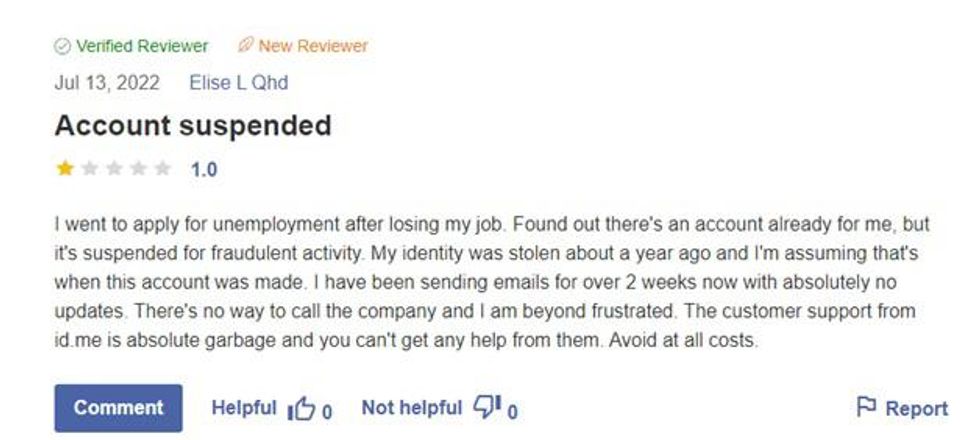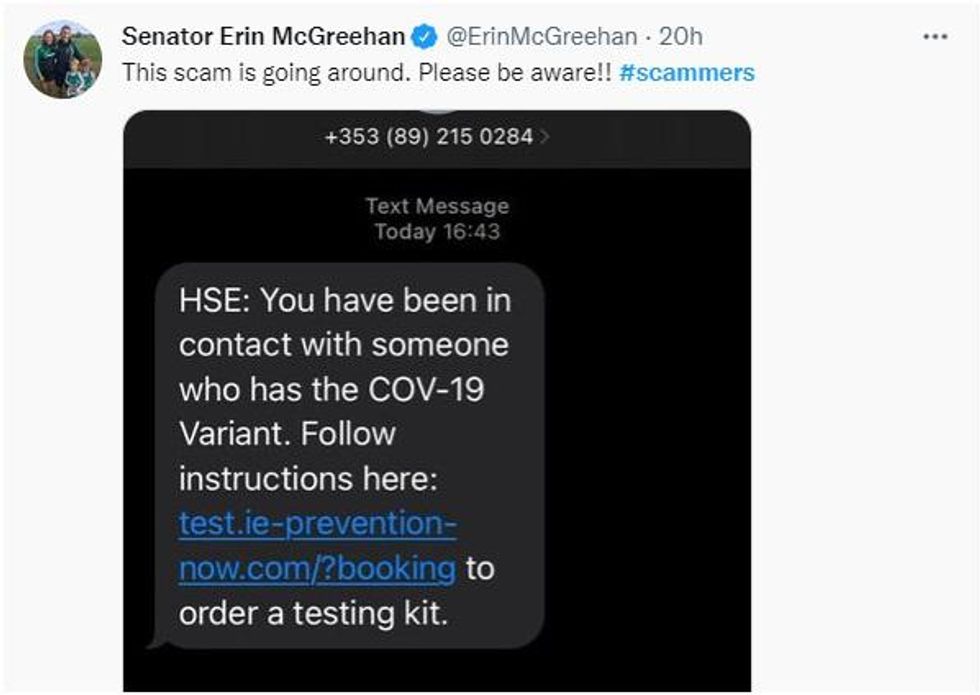It's easy to become accustomed to being plugged in. Our friends, work, social life and entertainment are all online. Spending that much time on the internet can make you complacent, and put you at risk. Your life may feel like it's all online anyhow, but you should still be working hard to guard your personal information.
Rather than assume the many websites you interact with daily have your best interests in mind, take steps to protect yourself everywhere you go.
Websites are built not for consumers only
The internet has given companies a great opportunity to create bespoke experiences for their customers. There is so much personalization online and it seems like every interaction is tailored just for you.
The truth is that websites aren't built just for you. They are created for the benefit of the website owner, and they know that a good experience for you will bring you back to interact with the site again. The more customers come back and click on ads, buy products, or join mailing lists, the more potential income and influence the have website owners.
That means your comfort and safety aren't the primary obligations of the websites you're visiting. The website owners and their customer service departments are more interested in protecting their assets than in protecting your financial information or password. That's why it's important to care for yourself.
Research the websites you're using by visiting a reviews website. Have they had big data breaches in the past? Are the sites you're using known to host scammers with little consequence? Online reviews can help you determine how other customers have been treated so you can best determine if a website is worthy of your attention.
Sometimes even the websites that are supposed to help protect our identities online create additional security problems. A quick glance through the ID.me reviews on review site PissedConsumer.com reveals that many consumers have had their identity stolen through a site designed to protect them from exactly this.
(Source: https://idme.pissedconsumer.com/review.html#reviews #3758095 )
Personal information is too easy to share
We leave our personal information all over the internet. We create profiles, make accounts, fill out cute surveys through social media, and essentially leave our full dossier online for anyone to sort through.
Get in a habit of covering your tracks. Create a bit of distance by avoiding sharing personal details, and when you must, use different spellings of your name or a special email address you've set up just for this purpose. Do your best to never give your information away to a scammer without considering who is asking.
(Source: https://twitter.com/ErinMcGreehan/status/1550532887031984129/photo/1)
Your financial information isn't well hidden
It's almost impossible to function in the modern world without using your credit card to buy things online. We log into our bank accounts constantly. Websites encourage you to trust them with your financial information. The reality is that there is always a risk when you enter credit card information or store your financial passwords online.
Taking precautions can save you from headaches later. Follow these simple steps to secure your data:
● Monitor your credit cards for false charges.
● Don't store your credit card information on any websites – better to enter it every time than have your information stolen in one of the countless security breaches.
● Use different passwords for your bank accounts and change them regularly.
● Avoid logging into your bank accounts on public Wi-Fi.
Of course, avoid being taken in by phishing texts or emails. Scammers will try any number of things to catch you off guard and have you log in to their fake versions of what you think is your financial sites. Customer reviews – sometimes quite humorous ones – on social media and review websites can help you stay on your guard.

(Source: https://twitter.com/badtastefatboy/status/1550018065987158016)
Your location is being tracked
Your location is being tracked by everything. Social media use your pictures for it. Every website is hoping to monitor it. Check the settings of your phone and computer browsers to turn off tracking in as many places as possible. Check every app and site you regularly use to protect your personal data as best you can from broadcasting your location to anyone interested in finding you at any time.
Spyware has gone mainstream
Spyware is big business. When we give companies permission to track our personal information through cookies on websites – or we simply ignore and dismiss the warning that a website uses cookies – you are embracing the world of spyware.
Websites track your every move. They monitor your clicks and then adjust what you see accordingly. Companies (and scammers) love personally identifiable information. It’s the essential element in identity theft, after all.
Spyware is a type of malware that is installed on your computer illegally, but it's gone mainstream. Companies don't call it spyware, but they are gathering as much personal info about you, your internet activity, and your purchase history as they possibly can.
The internet has made our lives richer and provided countless opportunities to learn, expand our worlds, and simplify our lives. With the benefits of the internet come downsides. Always be vigilant, create a personal information management plan for your internet use, and work to protect yourself as best you can.
















